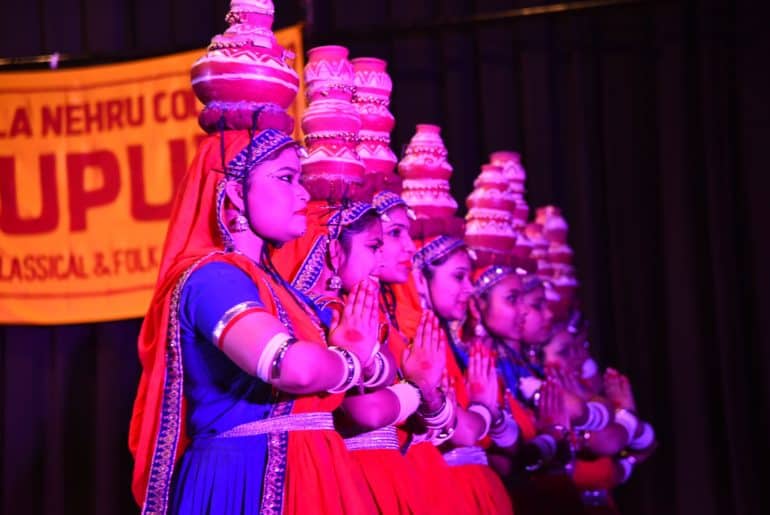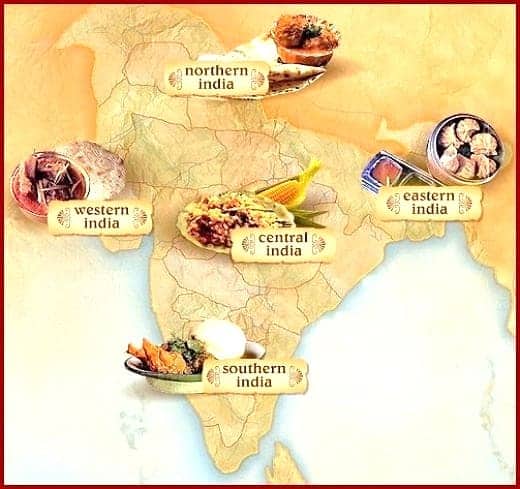Are we guilty of furthering new stereotypes whilst breaking others? This piece aims to scrutinise the methodology that we succumb to, during deconstructing stereotypes and consequently ending up reinforcing them in other forms.
When someone sets to dilute a certain form of stigma or stereotype, and alights to stimulate another form of it, their arguments and causes stand contradictory, and their motives, hypocritical. Although it is mainly unconscious, but aren’t we against the set narrative of the very notion that constitutes becoming an unconscious state of the mind, in the first place?
It is well-established that it’s really hard to counter narratives which are already set and accepted as norm, to begin with. The standardisation of beauty is one such example. Obsessed with a certain body type, people find themselves ensnared in insecurities to suit the needs of what the society deems to be perfect. However while supporting and accepting your own body type if someone finds for themselves to actually have a certain other body type which is not their ‘natural orientation’ but because they want to and not for the eyes of society, would it be justified to call them out for this? If owning up to who we truly are and what we really want to be is the goal, then why should one be recipient of flak for doing whatever and chosing however to live with their bodies? It’s rather complex to decipher why people undergo surgeries or put on makeup or edit their pictures. It might be out of low self esteem or it might not be. It’s not default and rigid to look a certain way, with or without filters, so how can we stand judge of a person’s intention about themselves?
Another instance, is the notion of colour and representation. Colours are major contributors towards highlighting a certain symbolic message, like that of the national flag or traffic lights. An age old battle is that of the blue versus pink debacle, which is in association to that concept of gender which reeks of heteronormativity. While fighting this stereotype we often degrade the colour pink and shift focus from disassociation of colors with gender to superiority of a preferred colour and inferiority of another. Pink is a colour and anyone including the female population has the liberty to like it and embrace it without having to fear the judgements which generally follow.
Amidst the ongoing Citizenship Amendment Act (CAA) and National Register of Citizens (NRC) debates, people have called out the government, but the line of reasoning can be questionable at times. Saying that an ‘uneducated, illiterate, chaiwala’ can’t run the nation is not enough and highly classist and in disdain of the working class culture. Instead, problematic aspects of fascism, tyranny and communalism should form the basis for protesting and not the status of birth or class of work. Few forget that the Constitution of India gives the right to any individual irrespective of class, caste, gender or religion to contest in elections and serve in politics. It’s ignorant to make such remarks where one seems to be fighting the battle of inclusivity on the line of exclusion itself.
It would be ideal if we could exercise sensitivity while raising concerns. Whatever we say might offend someone but that shouldn’t stop us from speaking, it should also not, in turn, stop us from employing a critical approach in terms of what forms the basis of our arguments while fighting stereotypes. Let us foster an environment which allows us to live unapologetically, just as we are, while being respectful of others as they do the same.
Feature Image Credits: Pinterest
Umaima Khanam





